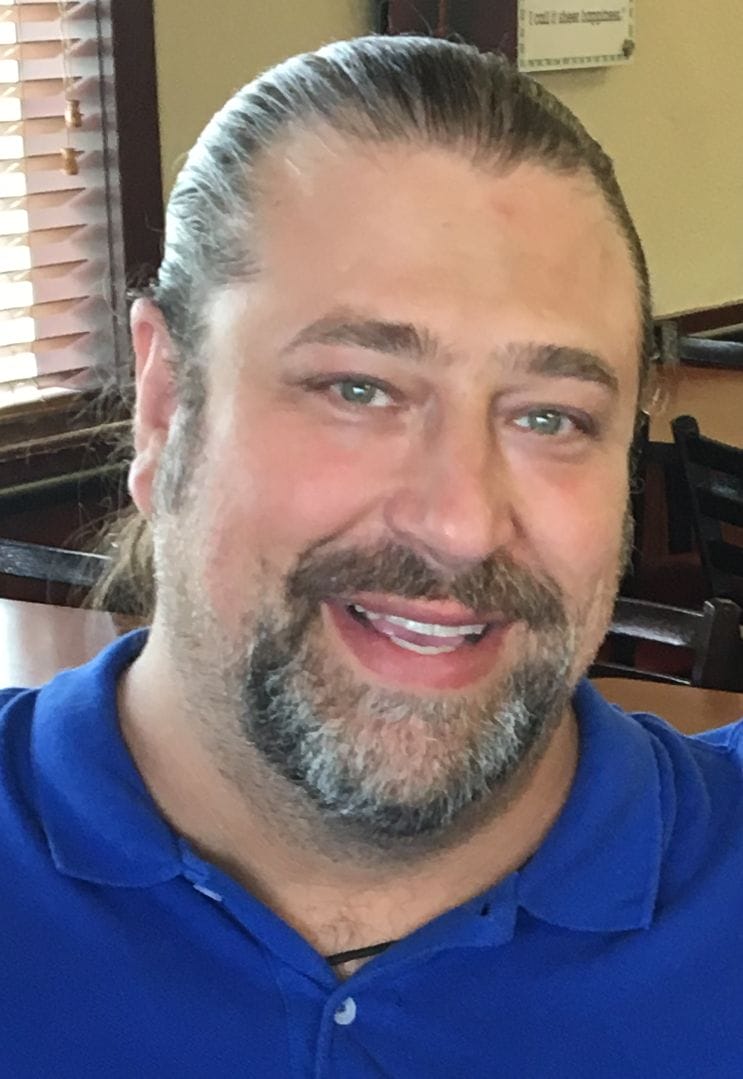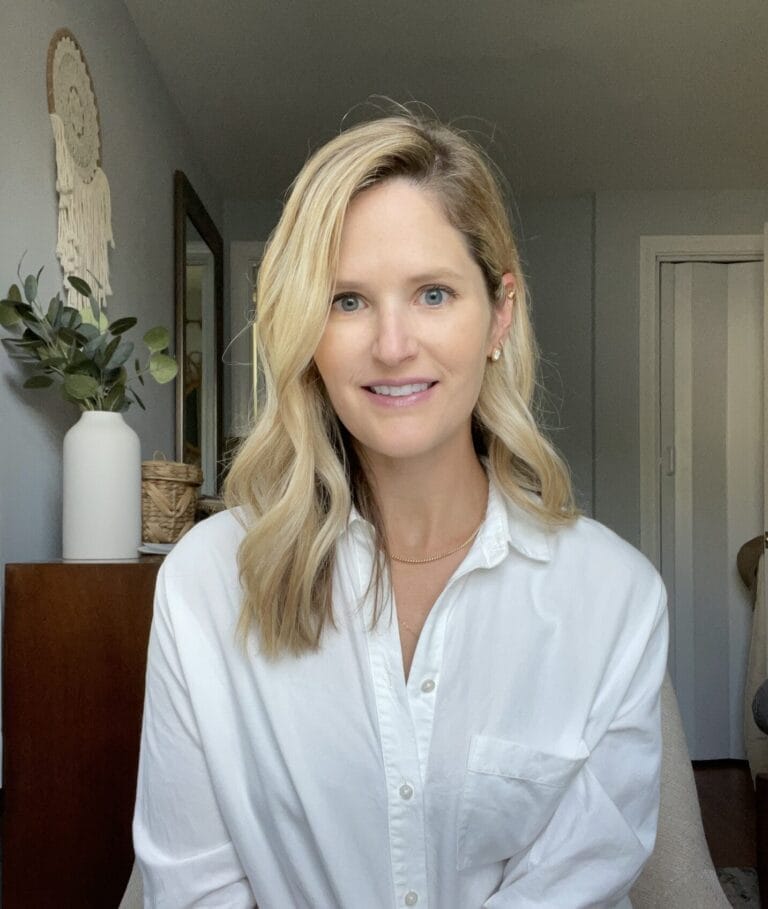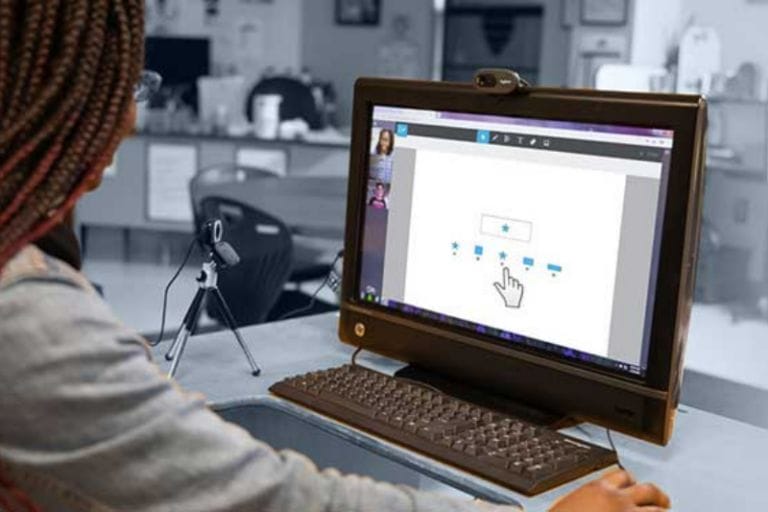
Broadening horizons with teletherapy
How distance learning technology helped level up one SLP’s practice
For Jason M., dedication to student support runs in the family. His father, a speech-language pathologist of fifty years, and his mother, a devoted special education teacher, inspired Jason with the values of empathy, service equity, and accessibility from a young age. When it came to selecting a career path, the choice came naturally: Jason would follow in his parents’ footsteps, earn a master’s in speech-language pathology, and become a CCC-SLP.
Innovating school-based therapy
An experienced speech therapist in his own right, Jason said his initial interest in teletherapy was sparked when he realized it merged two of his passions: special education and technology.
“I am fascinated with technology,” Jason explained. “I am especially interested in how technology improves the fields of education and speech-language pathology. Wanting to be a part of this innovative and current therapy delivery model naturally led me to Presence.”
Upon joining the Presence clinical network, Jason got to see award-winning teletherapy technology in action. To his delight, teletherapy proved to be an effective solution for closing service equity gaps and delivering meaningful therapy sessions.
“This is the future. To be able to pair students all over the nation with a specialist that’s specific to what their needs are—that’s never before happened. Teletherapy is a digital platform utilizing 21st-century skills.
”
Breaking service barriers
Like many in-person special education providers, Jason found himself spread thin as one of the few SLPs in his underserved community.
“In one week, I would serve two elementary schools, a middle school, and a high school. I would travel from one side of the county to the other,” he said. Not only was Jason’s commute a logistic hassle, his over-encumbered caseload also put him at an elevated risk of professional burnout.
“The Presence platform fixes both those problems because it takes away travel time,” Jason said. “Teletherapists benefit greatly, as compared to their traditional setting counterparts, by reduced travel obligations and geographic restrictions which increases daily productivity and benefits the environment. Furthermore, the advantages of teaching in a digital classroom while physically remaining in a relaxed and familiar environment are immeasurable.”
In conclusion
When clinicians consider transitioning to teletherapy, they may have reservations about taking on new technology, or question the likelihood of keeping students attentive online. Jason’s response is simple:
“Try it. If you’re thinking it may be too technical or hard to learn, or if you think students might have a hard time working with the technology, realize that’s not the case.”
In Jason’s experience, Presence made learning the ropes of teletherapy easy. And the students?
“Students love the computer,” he said. “Keeping their attention span on the computer seems effortless for them. They’re born into a technological world.”
“Jason M. is a North Carolina native, husband, and father. A lifetime learner, he is currently pursuing a doctorate in education and is excited to have recently received his beekeeping certification. Jason has been a Presence provider since 2016.
”




